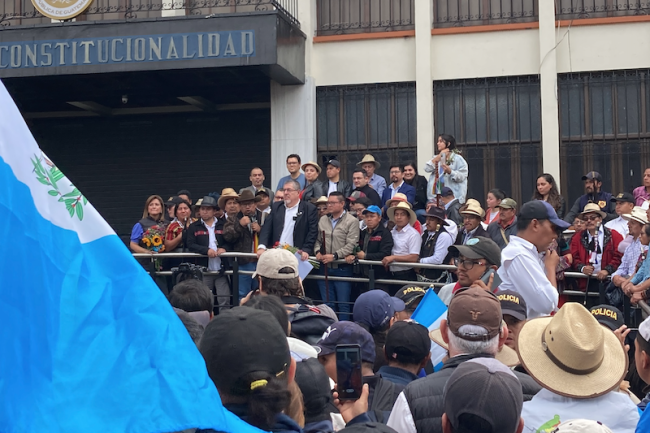We wrote to officials in Colombia once again about the alarming rate of assassinations of social leaders. Phanor Guazaquillo Peña became the 155th social leader killed in 2023.
Phanor Guazaquillo Peña was the current governor of the Cabildo Nasa Kwesx Kiwe tribe. On December 3, 2023, he was attending the funeral for another Nasa leader (Manuel Carlosama) at a cemetery in Puerto Asís, Putumayo Department. A hitman arrived, shot him numerous times, pointed his weapon at others present at the funeral, then fled the scene on a motorcycle, driven by another accomplice. The 45-year-old community leader served on the board of Communities Constructing Peace in Colombia (CONPAZCOL). He was the father to four children.

